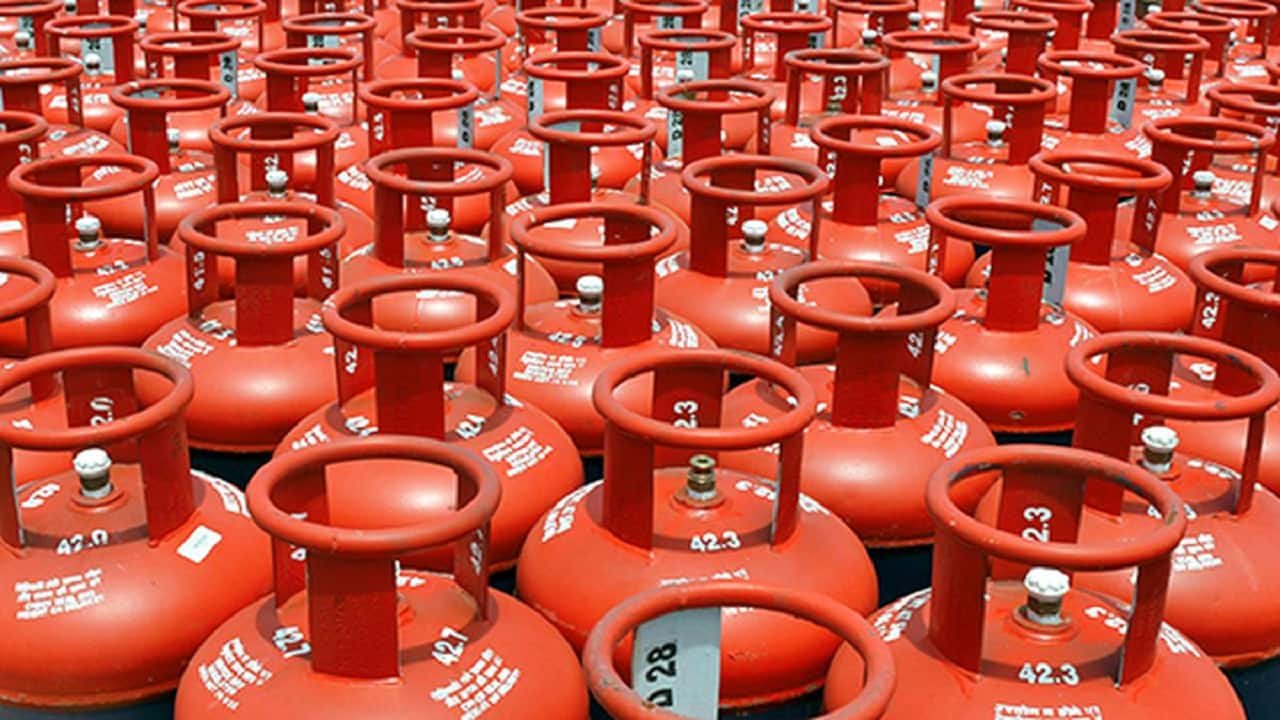Russia's Shadow Fleet: How Oil Traders Are Dodging Sanctions and Funding the War Machine

Western sanctions were designed to choke off Russia's oil revenue, a crucial lifeline for its war efforts. However, a complex and increasingly sophisticated network of offshore companies, shadowy traders, and a fleet of aging tankers has emerged, creating what's being called Russia's 'shadow fleet.' This clandestine operation is effectively circumventing sanctions, enabling the continued flow of crude oil and, critically, fueling President Putin's war machine.
The Rise of the Shadow Fleet
The shadow fleet isn't a single entity but a sprawling, decentralized web. It involves a mix of established and newly formed shell companies registered in jurisdictions known for financial opacity, such as the Marshall Islands, Panama, and Cyprus. These companies lease or purchase older, often less-maintained tankers – vessels that major Western shipping companies have abandoned due to age or environmental concerns. The traders involved are often individuals with a history of questionable practices, operating outside the bounds of traditional financial regulations.
How it Works: A Complex Web of Transactions
The process is deliberately convoluted to obscure the true origin and destination of the oil. Here's a simplified breakdown:
- The Trade: Russian oil is sold to a shell company registered in a tax haven.
- The Shipping: The oil is transported on a tanker within the shadow fleet, often switching flags multiple times during the journey to further disguise its origin.
- The Buyers: The oil is ultimately sold to buyers in countries like China and India, who are less stringent in enforcing sanctions.
This intricate system makes it incredibly difficult to trace the funds and pinpoint those responsible for facilitating the trade.
Global Loopholes and the Financial System's Weaknesses
The shadow fleet’s success highlights significant vulnerabilities within the global financial system. The use of shell companies, lax regulatory oversight in certain jurisdictions, and the willingness of some entities to turn a blind eye to questionable transactions all contribute to the problem. The sheer volume of oil still flowing from Russia despite sanctions underscores the need for a more robust and coordinated international response.
The Human Cost and the Future
While the shadow fleet generates revenue for Russia, it does so at a significant cost. The continued funding of the war in Ukraine prolongs the conflict, leading to immense human suffering and destabilizing the global order. Governments and financial institutions are under increasing pressure to crack down on these illicit activities. Expect to see intensified scrutiny of shipping companies, increased enforcement of sanctions, and a push for greater transparency in the global oil trade. The future of Russia’s shadow fleet hinges on the ability of the international community to close the loopholes that enable it.
What's Next?
- Increased Scrutiny: Expect heightened monitoring of tankers and transactions.
- Targeted Sanctions: Further sanctions against individuals and entities involved.
- Enhanced Transparency: Calls for greater transparency in the shipping and finance sectors.





